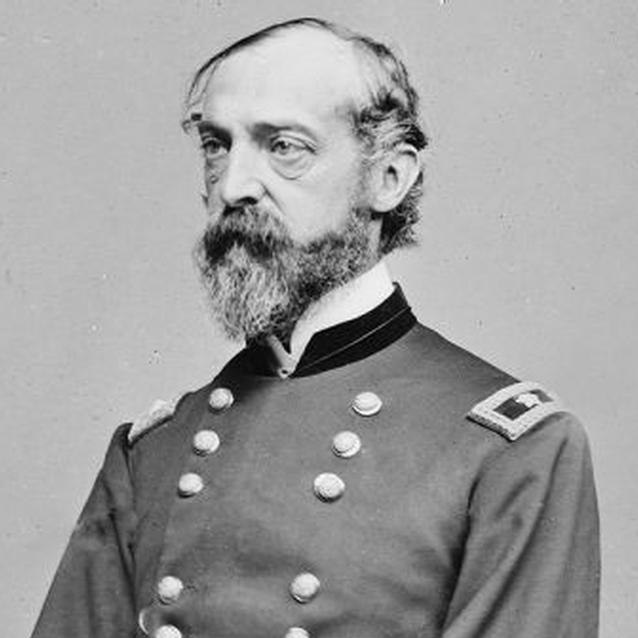Morale can drive an army forward to victory, or drag it to defeat. The Battle of Gettysburg, a military turning point in the war, was also a crisis of motivation and initiative. The carnage lasted three days and as the casualty rate soared, the morale of the armies virtually reversed.

Library of Congress
Before the Battle of Gettysburg, the spirit of the Confederate Army of Northern Virginia was at its pinnacle. The Army of Northern Virginia, under command of General Robert E. Lee, had for two years dealt tremendous blows to the Army of the Potomac. At the recent Battle of Chancellorsville the Confederates had forced their Union foes into panicked disarray. These events lead to a sense of near invincibility amongst the Southern forces and within their commander. A Southern soldier in a letter home wrote: "You may expect to hear brilliant achievements from our invincible army."
In contrast, the confidence of the Union Army of the Potomac before the battle was low. In June, 1863, Maj. General George Gordon Meade became the fourth in a rapid succession of commanders, reinforcing long-held feelings of indecision and uncertainty. The continued Union losses during the first two years of the war had further dampened spirits. One soldier wrote, "What disgrace is greater than to belong to the Army of the Potomac?"
The Confederate Army of Northern Virginia, aiming to push the war into the North to secure supplies and an impressive victory, drove into enemy territory in June 1863. The Union Army of the Potomac followed on its heels, and the two armies collided at Gettysburg on July 1. Over the course of three days, July 1, 2, and 3 of 1863, the two armies clashed. Severe casualties were sustained on both sides, yet at the end of the battle, Lee and his Confederate army had been soundly whipped for the first time. Suddenly the men of the Army of the Potomac's spirits soared, as the men of the Army of Northern Virginia had their spirits crushed. Within the span of three days in July, the morale of both armies had virtually reversed.
The essence of the war changed with this transposition of spirit. The majority of Confederate soldiers seemed to sink into despair. An enlisted man wrote, "I have no heart for anything. We are whipped ... the soldiers are all discouraged...." The Confederates would never be able to overcome the irreplaceable losses sustained at Gettysburg. With the men that had fallen in the fields around Gettysburg, Lee also lost his maneuverability, his tactical strong point. With the loss of his tactical edge, Lee found his army had also lost the initiative, and his men quite simply lost their resolve.
Following the Battle of Gettysburg, the Union army was able to push forward, as soldiers found renewed confidence in their leader. For the first time the war felt winnable. A New York soldier penned, "I never felt in better spirits...I see no reason why we will get whipped again." The troops moved forward with revived hope, superior not only in manpower but in spirit.
In November of 1863, President Lincoln stood on the sacred ground his army had claimed in victory, to consecrate a portion of it as a National Cemetery. The speech that he delivered that day was the immortal Gettysburg Address. Those words of hope revitalized the morale of a nation, touching their hearts, and renewing their commitment to continue the fight for a new birth of freedom.
Last updated: February 3, 2015
